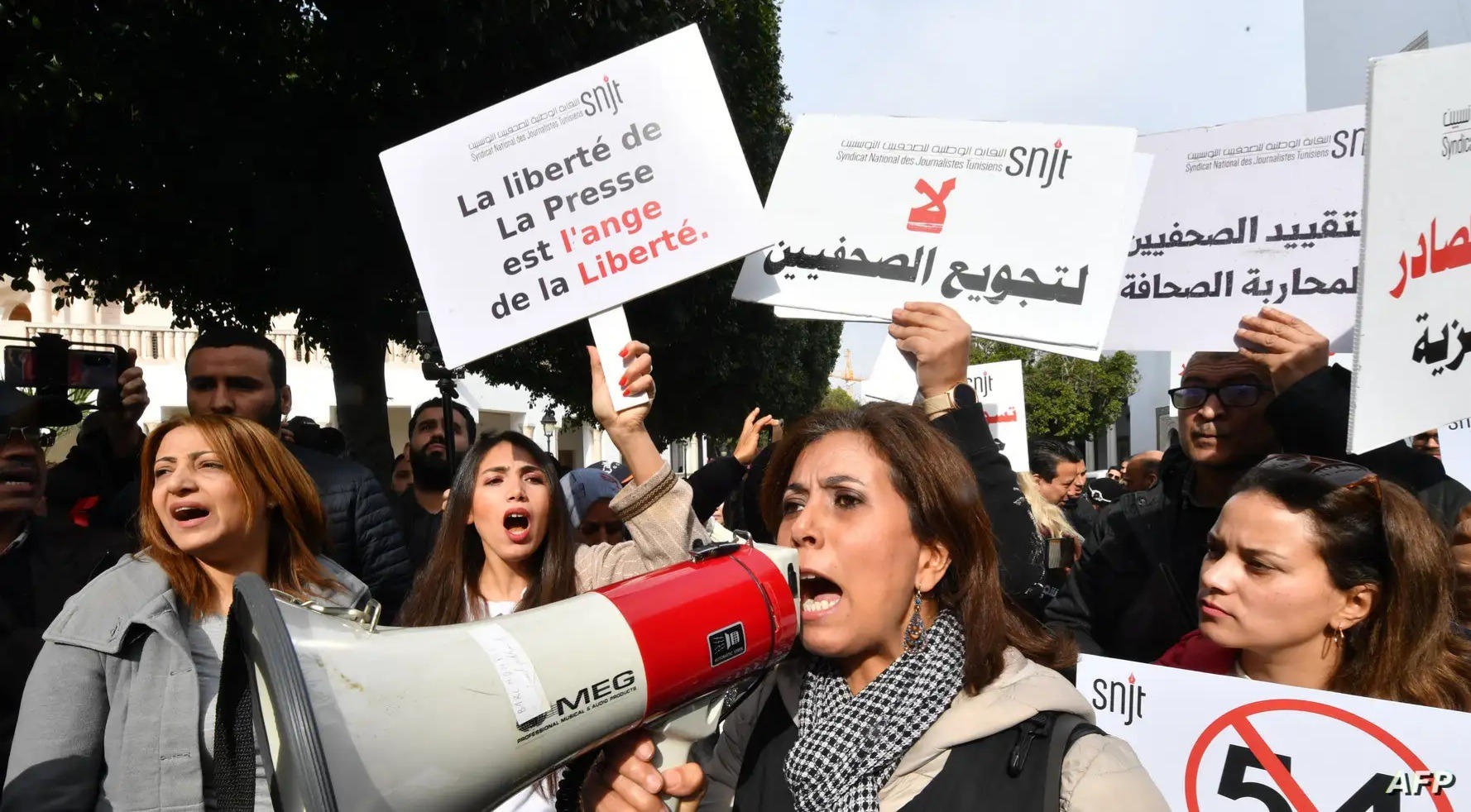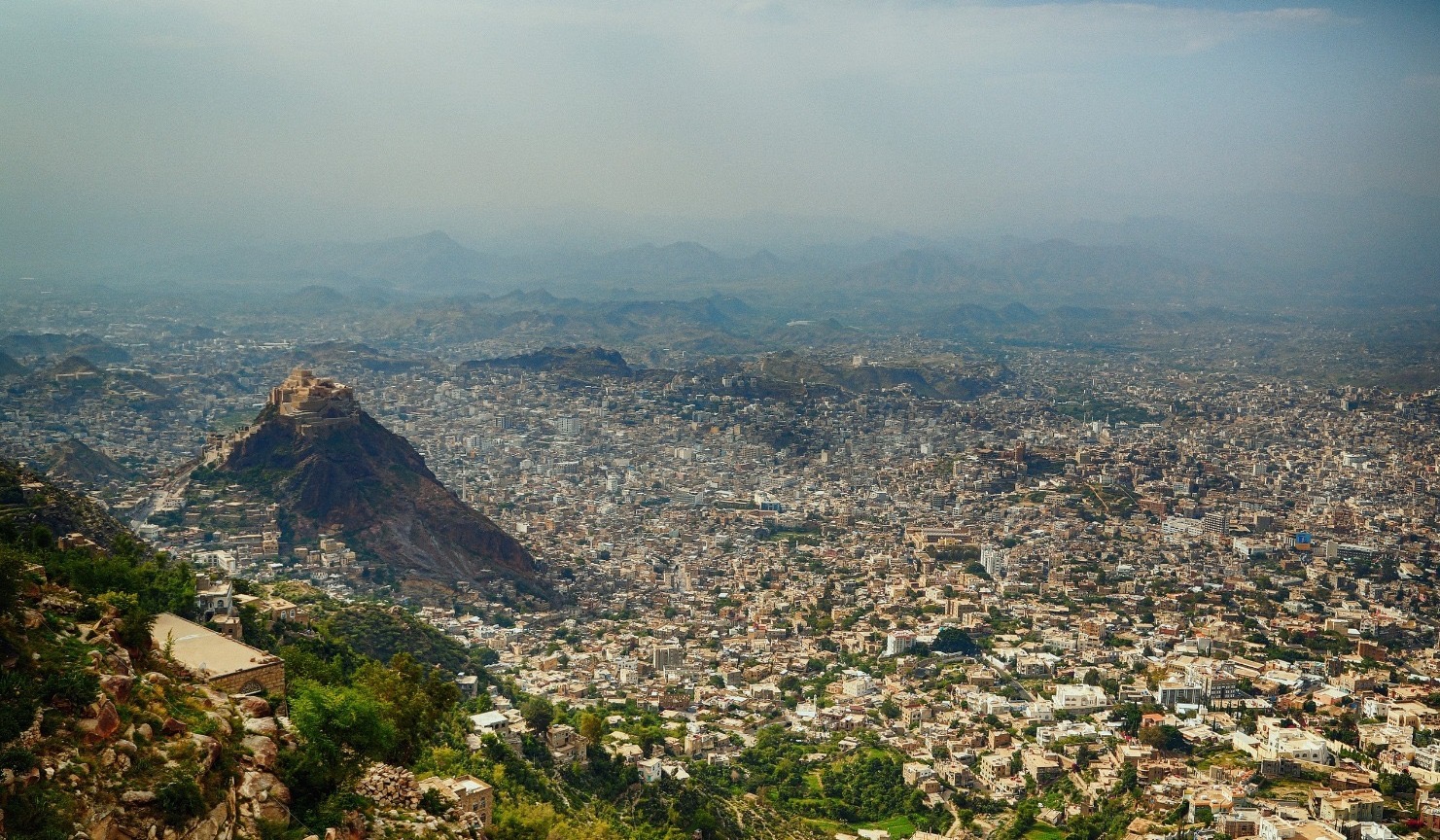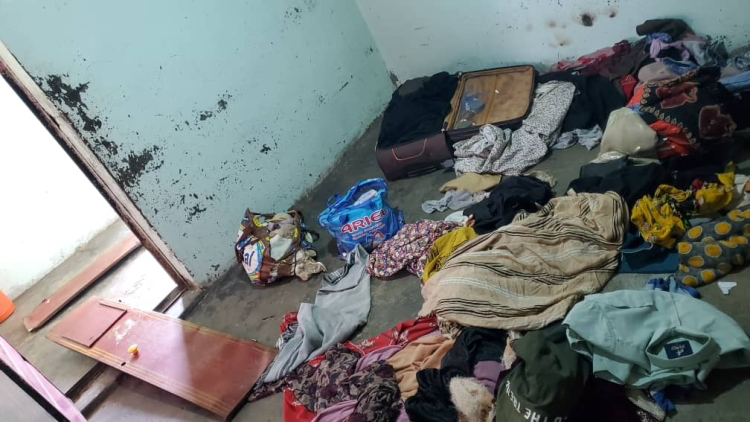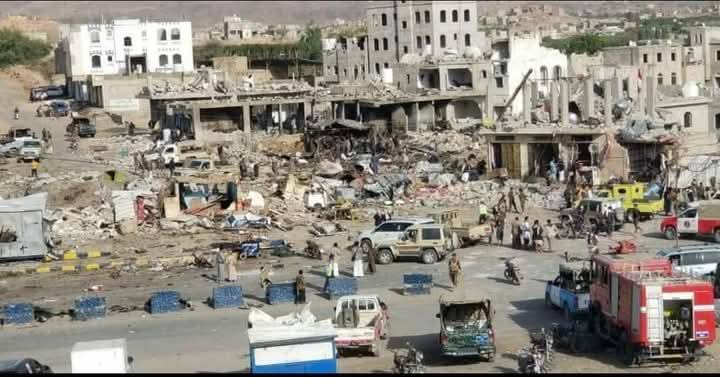
Barran Press
As Tunisia gears up for its presidential election on October 6th, a crackdown on freedom of expression and political debate is intensifying, according to a report released Monday by Human Rights Watch.
The report highlights a concerning trend of media suppression, with at least five journalists currently behind bars for their work or opinions. The Independent High Authority for Elections (ISIE) has only approved three candidates, including incumbent President Kais Saied, who has held absolute power since 2021 and is seeking a second term.
The ISIE President, Farouk Bouasker, announced the acceptance of only three candidates out of 17 applications, including Saied, the Secretary-General of the People's Movement, Zohr El-Magzawy, and politician Ayachi Zamel.
While Tunisia prepares for its first presidential election since Saied's power grab three years ago, authorities are cracking down on opposition, particularly in the media, according to Human Rights Watch.
The organization notes that at least 39 cases have been filed against journalists since May 2023, based on the "repressive Decree No. 54 of 2022 concerning the fight against crimes related to information and communication systems" and the "Anti-Terrorism Law of 2015."
In May and July 2024, prominent journalists, Berhane Bessis and Mourad Zgaidi, along with lawyer Sonia Dahmani, were sentenced to one year in prison under the cybercrime law. Their sentences were later reduced to eight months for Bessis and Zgaidi.
Last year, the director of the radio station Mosaique FM, Noureddine Boutar, was detained for three months on charges of "money laundering," "conspiracy," and "terrorism," allegedly for inciting against President Saied.
Police have recently interrogated executives of other private radio stations, as well as the independent news website Nawaat, according to Human Rights Watch.
The report observes that political discussion has vanished from radio airwaves, with stations like "Ebtessama FM" and "Carthage+" suspending their prominent political programs that featured the imprisoned Dahmani, Bessis, and Zgaidi.
The report also cites the investigation conducted by Tunisian police in April against journalist Khloud Mabrouk, concerning her work as a presenter for the "90 Minutes" program on "Ebtessama FM," which led to the program's suspension. Rights Watch emphasizes that journalists working in public media face censorship, particularly after the appointment of new leadership, as witnessed in the case of the official news agency, TAP.
According to the Tunisian Journalists' Syndicate, the Director-General of TAP, Najih Meissaoui, ordered the removal of a widely circulated news item on July 4th about a new presidential candidate.
President Saied has repeatedly asserted that "freedoms are guaranteed in the country" and has declared his candidacy to "continue the struggle in the national liberation battle" and fulfill his "sacred national duty." However, the mounting evidence of media suppression casts a shadow over the legitimacy of these claims and raises serious concerns about the fairness and transparency of the upcoming election.





